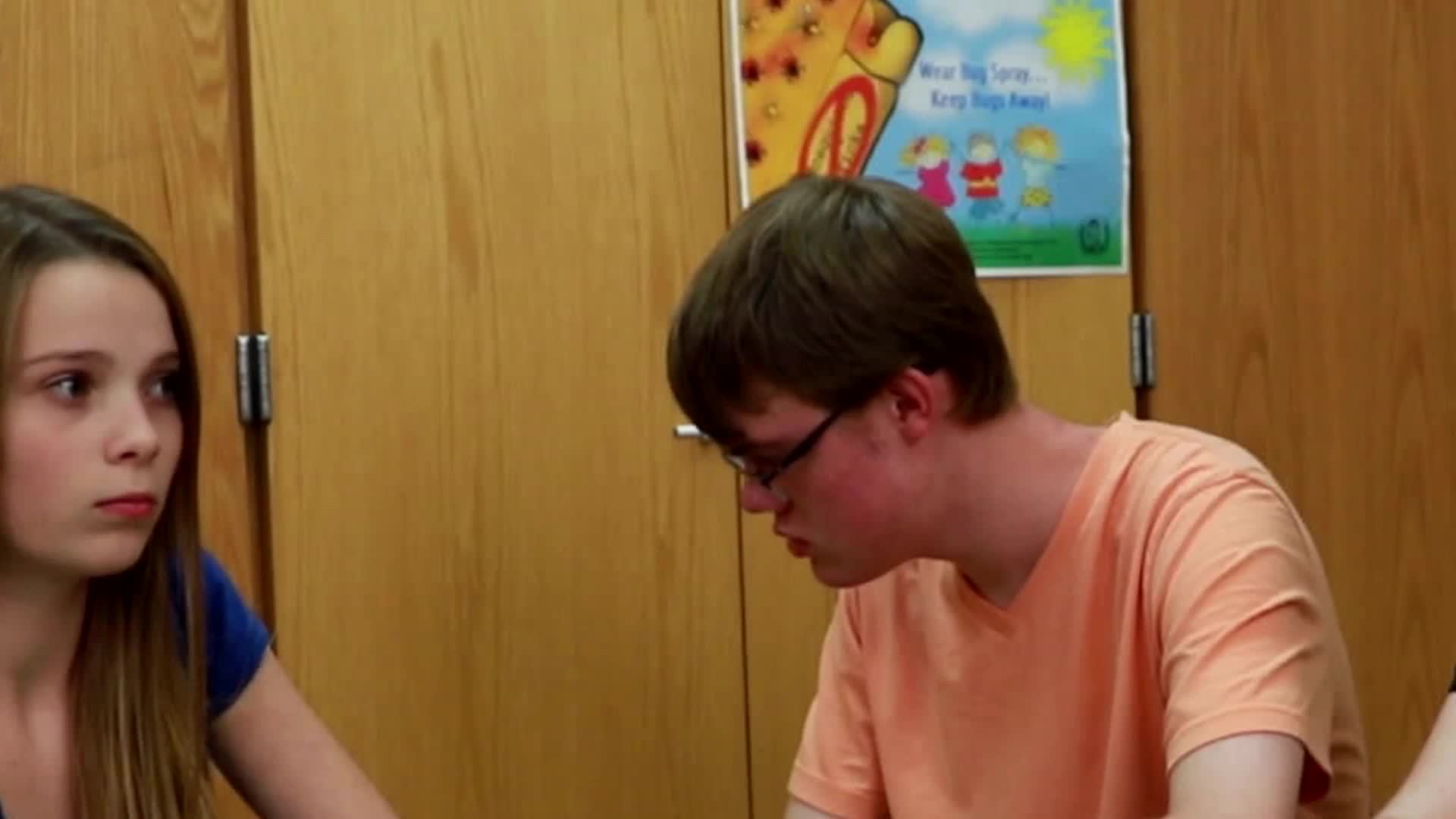
As educators, it’s important to teach young children about the value of good sportsmanship. This blog post will guide you through the process of introducing the concept to PreK students using a no-prep activity, discussion questions, and related skills. We will also discuss how to access free sample materials for teaching these skills and others.
Introduction
Good sportsmanship is a crucial aspect of social-emotional learning, as it teaches children how to handle both winning and losing gracefully. When children learn to be good sports, they develop strong relationships and maintain a positive attitude, even when things don’t go their way. This skill helps them navigate various social situations throughout their lives.
No-Prep Activity
To introduce the concept of good sportsmanship to your students, try this simple, no-prep activity:
- Divide your students into small groups.
- Ask each group to come up with a simple game that they can play together. This could be a board game, a physical activity, or any other type of game that they enjoy.
- Have each group play their chosen game, emphasizing the importance of being a good sport during the activity.
- After the game, discuss how everyone felt during the activity. Ask the students to share examples of good sportsmanship they observed and how it made them feel.
This activity helps students understand the importance of good sportsmanship by giving them the opportunity to practice it in a real-life situation.
Discussion Questions
After the activity, use these discussion questions to further explore the topic of good sportsmanship:
- Why is it important to be a good sport when you win or lose a game?
- How does being a good sport help you build positive relationships with your friends and classmates?
- Can you think of a time when someone was not a good sport? How did it make you feel?
- What are some ways you can show good sportsmanship in different situations (e.g., during sports, board games, or other activities)?
Related Skills
Good sportsmanship is just one aspect of social-emotional learning. Here are some related skills that can help students develop a well-rounded understanding of this important area:
- Empathy: Understanding and sharing the feelings of others, which can help students be more supportive during both winning and losing situations.
- Resilience: The ability to bounce back from setbacks, such as losing a game, and maintain a positive attitude.
- Conflict resolution: Learning how to resolve disagreements in a respectful and constructive manner.
- Teamwork: Working together with others to achieve a common goal, which often involves both winning and losing as a group.
Next Steps
Now that you have a better understanding of how to teach good sportsmanship and related skills to PreK students, we encourage you to access free sample materials for teaching these skills and others. Visit Everyday Speech to sign up for free samples that can help you incorporate social-emotional learning principles into your classroom.

